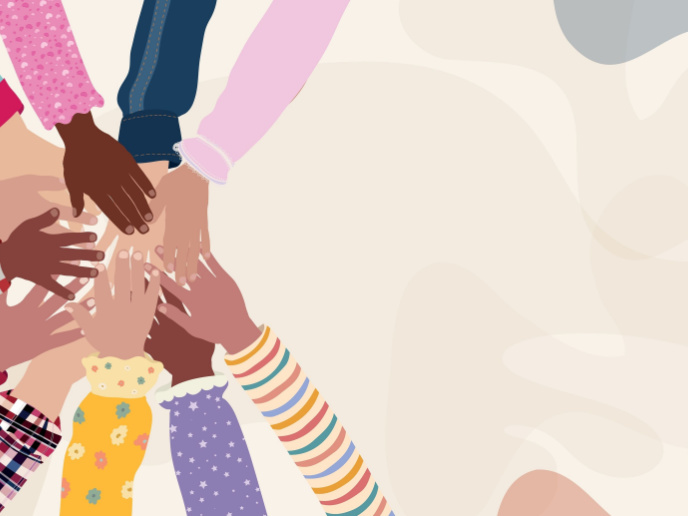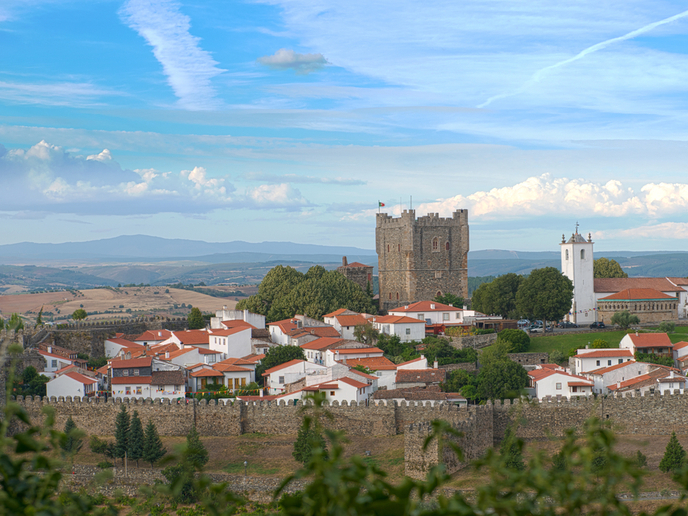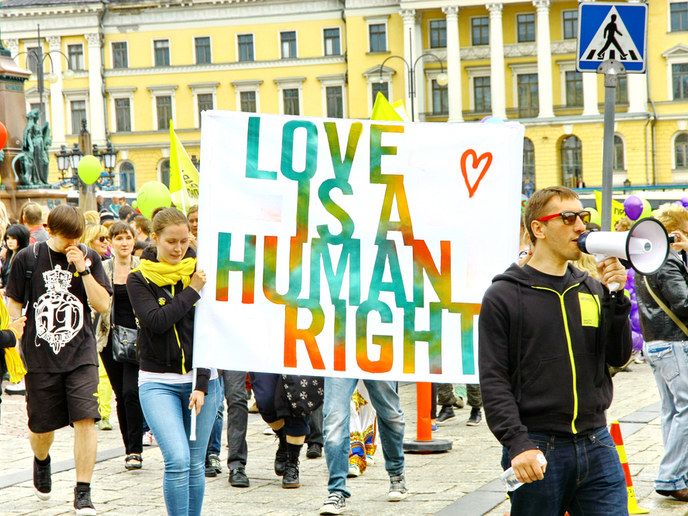Using migrant children’s views to influence integration policies and practices
Education systems across Europe face several challenges when trying to cope with migrant children’s ethnic, cultural and linguistic diversity. Since school is key to smooth integration, there is a need to look beyond conventional solutions and revisit existing integration policies.
Child’s perspective lacking
The EU-funded MiCREATE(opens in new window) project examined contemporary integration processes of migrant children. It adopted an approach where children of all ages are able to communicate and share their experiences after arriving in the receiving societies. Children’s stories were gathered to support their needs and expectations. “We employed a child-centred research perspective on migrant integration as an alternative to the existing adult-centred approach at policy level,” explain Mateja Sedmak and Barbara Gornik, researchers at the Science and Research Centre Koper. Based in Slovenia, the institution was responsible for coordinating the project.
Research making children’s voices heard
Project partners identified existing migrant children integration measures and programmes at regional and local levels. They studied reception communities in Austria, Denmark, Poland, Slovenia, Spain and the United Kingdom. They analysed policy and administrative data and reviewed political, media and general public discourse. Additionally, the project team analysed the social and cultural impacts of these integration programmes by conducting case studies in the aforementioned countries and in France, Greece, Italy and Turkey. Research involved teaching staff, school systems, newly arrived migrants, long-term residents and local children. Fieldwork was performed in settings such as schools, refugee camps, informal camps, reception centres and asylum homes with different groups of migrant children, including economic migrants, refugees, asylum-seeking children, and undocumented and irregular migrants. Over 6 000 migrant and local children participated in the research and fieldwork.
Child-focused tools and policy
The findings and fieldwork fed into a set of reports(opens in new window), interactive tools and policy documents. All these resources were added to the European Toolkit for Schools(opens in new window) in 2022. So-called Integration Labs(opens in new window) were set up in the selected countries’ local schools. From mobile apps to a manual available in multiple languages, the aim was to advance effective practices used by teachers for motivating migrant children’s integration and raising awareness and tolerance among them. A digital storytelling app(opens in new window) allows children to create visual and written stories such as comics, poems and posters. They choose from different backgrounds, characters, objects and text boxes to express themselves. The app encourages language learning, creativity, expression and the participation of all children, regardless of language skills. An awareness-raising app consists of 13 animated videos addressing topics such as cultural coexistence, respect, tolerance and acceptance. The videos provide an interactive experience and role playing to encourage children to think about various situations migrants encounter in their new social environment and issues concerning multicultural societies. The app is available on Google(opens in new window) and Apple(opens in new window). A comprehensive handbook(opens in new window) provides teachers of culturally mixed classes with support and assistance. They can choose practices that best suit their own requirements and those of students. These practices can also be adapted to a specific class or school’s needs and abilities. Lastly, several multilingual policy briefs(opens in new window) propose recommendations for relevant decision makers. “MiCREATE will most likely have an impact in the academic and educational sphere, as both researchers and teachers can benefit from new knowledge created,” concludes Gornik. “Policymakers are likewise acquainted with policy-relevant findings and can make best use of the knowledge in their work.”







